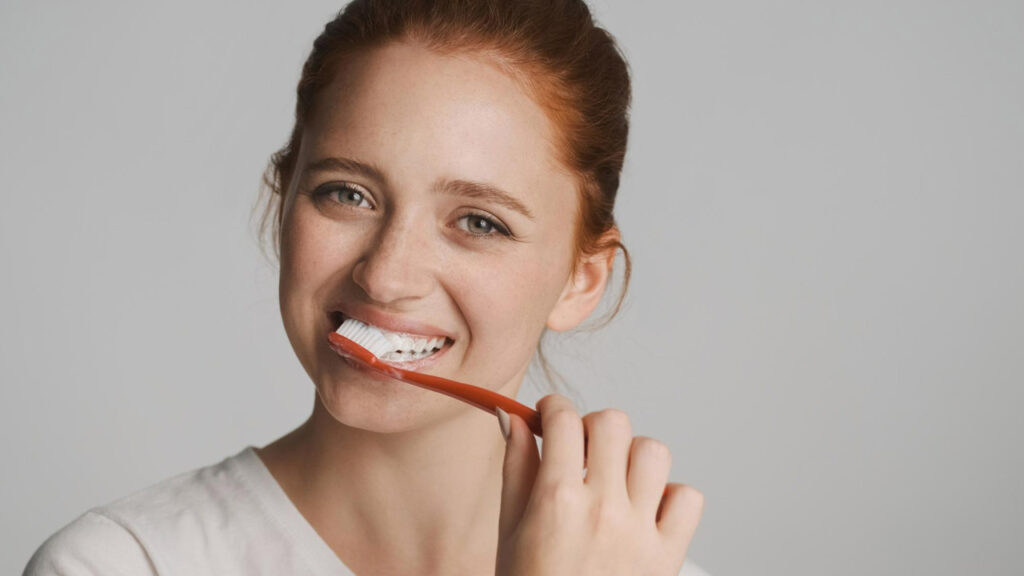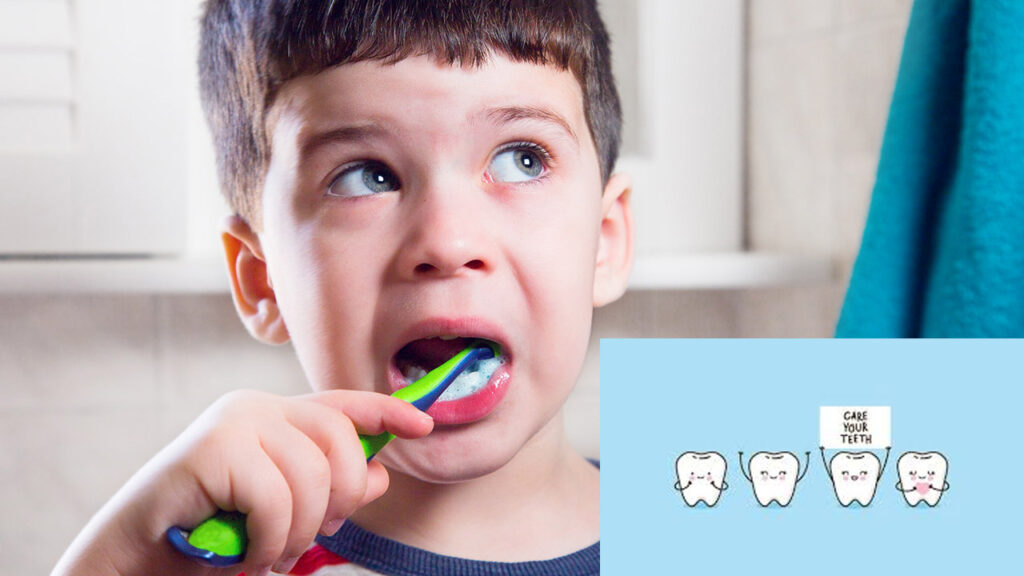Dental hygiene is the practice of keeping your mouth, teeth, and gums healthy and clean to prevent oral diseases and conditions. It is an important aspect of overall health, as oral health is closely linked to overall well-being. In this blog, we will be exploring the role of dental hygiene in preventing tooth loss, a common oral health issue.
Definition of Tooth Loss
Tooth loss refers to the permanent loss of one or more teeth due to injury, decay, gum disease, or other causes. This can lead to a range of oral health problems, such as difficulty speaking, eating, or smiling, as well as an increased risk of other oral diseases and conditions.
Common Causes of Tooth Loss
There are many factors that can contribute to tooth loss, including poor oral hygiene, poor nutrition, smoking, alcohol consumption, and other harmful habits. Other factors, such as genetics and age, also play a role. Understanding the causes of tooth loss is important for preventing it from occurring.
The Role of Dental Hygiene in Preventing Tooth Loss
Brushing and Flossing

One of the most important aspects of dental hygiene is regular brushing and flossing. Brushing twice a day and flossing once a day helps to remove plaque, a sticky film of bacteria, from your teeth and gums. This helps to prevent tooth decay, gum disease, and other oral health issues that can lead to tooth loss.
Regular Dental Check-ups
Visiting the dentist regularly is also important for maintaining good oral health and preventing tooth loss. During these check-ups, the dentist can assess your oral health, identify any potential problems, and provide treatment or advice to help prevent further damage.
Good Diet for Oral Health
A healthy diet is also crucial for maintaining good oral health and preventing tooth loss. Eating a balanced diet, rich in fruits and vegetables, can provide your body with the nutrients it needs to support healthy teeth and gums. In addition, avoiding sugary and acidic foods can help to prevent tooth decay and other oral health issues.
Avoiding Harmful Habits for Oral Health
Finally, avoiding harmful habits, such as smoking, excessive alcohol consumption, and using drugs, can also help to prevent tooth loss and other oral health problems. These habits can weaken the gums and teeth, making them more susceptible to decay and disease.
Common Dental Hygiene Mistakes and How to Avoid Them
Improper Brushing Techniques
Brushing your teeth properly is important for maintaining good oral health, but many people make mistakes that can actually harm their teeth and gums. For example, brushing too hard or using a toothbrush with bristles that are too hard can cause damage to the gums and teeth. To avoid these mistakes, it is important to use a soft-bristled toothbrush and to brush gently and thoroughly.
Not Flossing Regularly
Flossing is just as important as brushing, yet many people neglect this aspect of dental hygiene. Regular flossing helps to remove plaque and food particles from between your teeth, where brushing cannot reach. To make flossing a regular part of your routine, try to floss at least once a day, either in the morning or before bed.
Ignoring Dental Appointments
Regular dental check-ups are important for maintaining good oral health, yet many people ignore or delay these appointments. To avoid this mistake, it is important to schedule regular check-ups and to attend these appointments as scheduled. Your dentist can identify and treat any potential problems, helping to prevent further damage.
Eating Foods Harmful for Oral Health
Eating a diet that is high in sugar and acid can be harmful to your oral health and contribute to tooth decay and loss. To avoid this mistake, try to limit your intake of sugary and acidic foods, and choose a diet that is rich in fruits and vegetables, lean proteins, and whole grains instead.
healthcareDental health is an important aspect of overall health and well-being. Take control of your dental health with our top-quality dental health care products. Say goodbye to painful and inconvenient dental issues and hello to a brighter, healthier smile.
These products are designed with the latest technology and are made from premium materials, ensuring that you get the best results. Whether you’re looking for a solution for sensitive teeth, gum health, or just want to keep your smile sparkling, our dental health care products have got you covered.
Tired of hiding your smile due to yellowing, stained, or sensitive teeth?
ProDentim is here to help. This advanced formula whitens and strengthens your teeth, while also reducing sensitivity and promoting oral health. Say goodbye to expensive and painful dental treatments, and start enjoying a bright, confident smile with ProDentim.
Click Here to Try ProDentim now and see the results for yourself!
Struggling with tooth sensitivity, gum problems or bad breath?
Dentitox Pro is the solution you need. This natural, effective formula helps to clean and strengthen your teeth and gums, giving you a brighter, healthier smile. Dentitox Pro is made with the finest ingredients and is free from harmful chemicals, making it safe and gentle for everyday use. Say goodbye to pain and embarrassment, and start enjoying a confident, beautiful smile with Dentitox Pro.
Click Here to Order now and get 20% off your first purchase!
Click Here for Professional Teeth Whitening
Frequently Asked Question (FAQ)
How Often Should I Brush My Teeth?
You should brush your teeth at least twice a day, once in the morning and once before bed. Brushing after meals is also recommended, especially if you have eaten sugary or acidic foods.
How Often Should I Visit the Dentist?
It is recommended that you visit the dentist at least twice a year for a regular check-up and cleaning. If you have any oral health issues, your dentist may recommend more frequent appointments.
What Foods are Good for Oral Health?
A diet that is rich in fruits and vegetables, lean proteins, and whole grains is good for oral health. Foods that are low in sugar and acid, such as dairy products, nuts, and seeds, are also beneficial for oral health.
How Can I Improve My Dental Hygiene Routine?
To improve your dental hygiene routine, try to:
Brush your teeth at least twice a day, using a soft-bristled toothbrush and gentle brushing techniques.
Floss at least once a day.
Visit the dentist regularly for check-ups and cleanings.
Limit your intake of sugary and acidic foods.
Avoid harmful habits, such as smoking and excessive alcohol consumption.
In conclusion, dental hygiene plays a critical role in preventing tooth loss and maintaining good oral health. Regular brushing and flossing, regular dental check-ups, a healthy diet, and avoiding harmful habits can all help to prevent tooth loss and other oral health problems. By following these tips, you can keep your mouth, teeth, and gums healthy and strong for years to come.


12 thoughts on “The Role of Dental Hygiene in Preventing Tooth Loss”